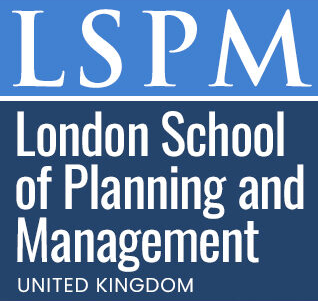Certificate Programme in Internet Freedom and Censorship
Published on June 28, 2025
About this Podcast
HOST: Welcome to our podcast, where we explore exciting courses and the fascinating world of learning. Today, I'm thrilled to be joined by an expert in digital rights and internet freedom. Welcome! Can you share a bit about your background and what drew you to this field? GUEST: Thanks for having me! I've always been passionate about human rights, and as the internet became increasingly central to our lives, I realized that digital rights were an essential part of the conversation. I've spent the last decade working on internet freedom and censorship issues. HOST: Fascinating! Today, we're discussing the 'Certificate Programme in Internet Freedom and Censorship.' First, could you give us a brief overview of the course and its main objectives? GUEST: Of course. This program delves into the complexities of online censorship and digital rights, focusing on digital surveillance, online privacy, and freedom of expression. It aims to equip students, activists, journalists, and policymakers with practical skills in digital security, censorship circumvention, and effective advocacy strategies. HOST: That sounds comprehensive. Can you share some insights from your personal experience in this field – perhaps a current trend or challenge that's particularly relevant to the course content? GUEST: Absolutely. One current trend is the growing use of artificial intelligence and machine learning in online censorship. These tools can automatically filter and block content, making it increasingly difficult for users to access information freely. The course addresses these challenges and provides students with strategies to stay informed and adapt. HOST: Fascinating. And what about challenges faced while learning or teaching this subject? How does the course help students overcome these hurdles? GUEST: The rapidly evolving nature of technology and online censorship techniques can make it difficult for learners to keep up. The course addresses this by focusing on foundational concepts and promoting critical thinking and adaptability. Students also engage in hands-on exercises to build practical skills. HOST: That's a great approach. Lastly, could you share your thoughts on the future of internet freedom and censorship? What do you hope students will take away from this course to help shape that future? GUEST: I believe that the future of internet freedom depends on the actions of informed and empowered individuals. By studying this course, students will gain the knowledge and skills to become champions for a free and open internet, promoting digital rights and advocating for policies that protect online freedoms. HOST: Thank you so much for joining us today and providing such insightful perspectives on this critical topic. To our listeners, be sure to check out the 'Certificate Programme in Internet Freedom and Censorship' for an engaging and informative learning experience. Until next time!
